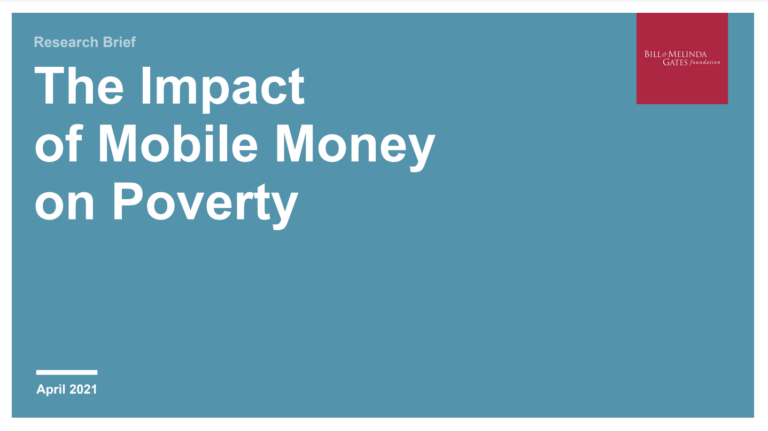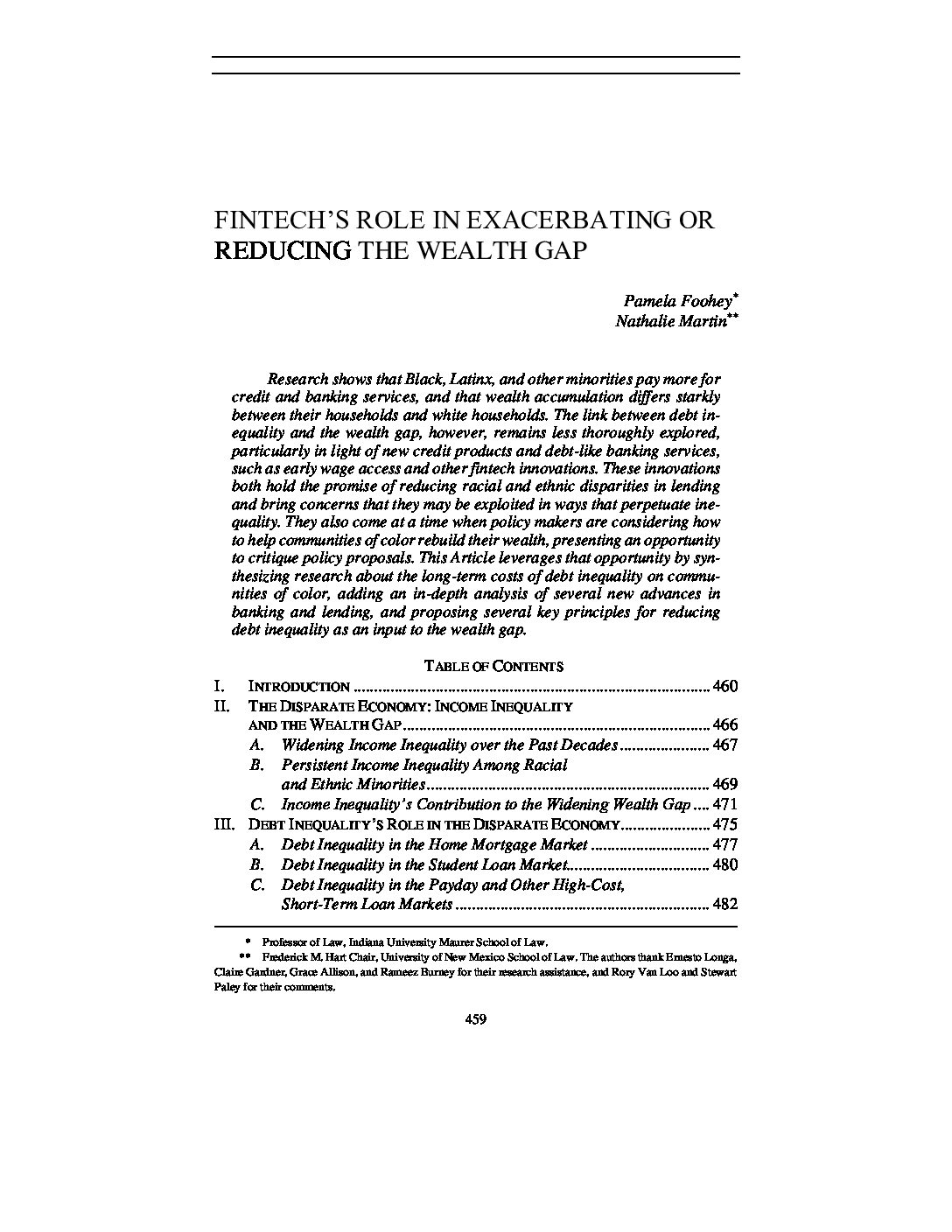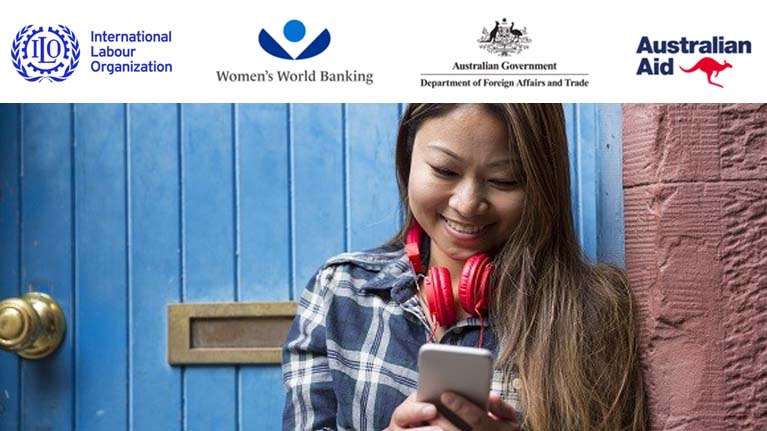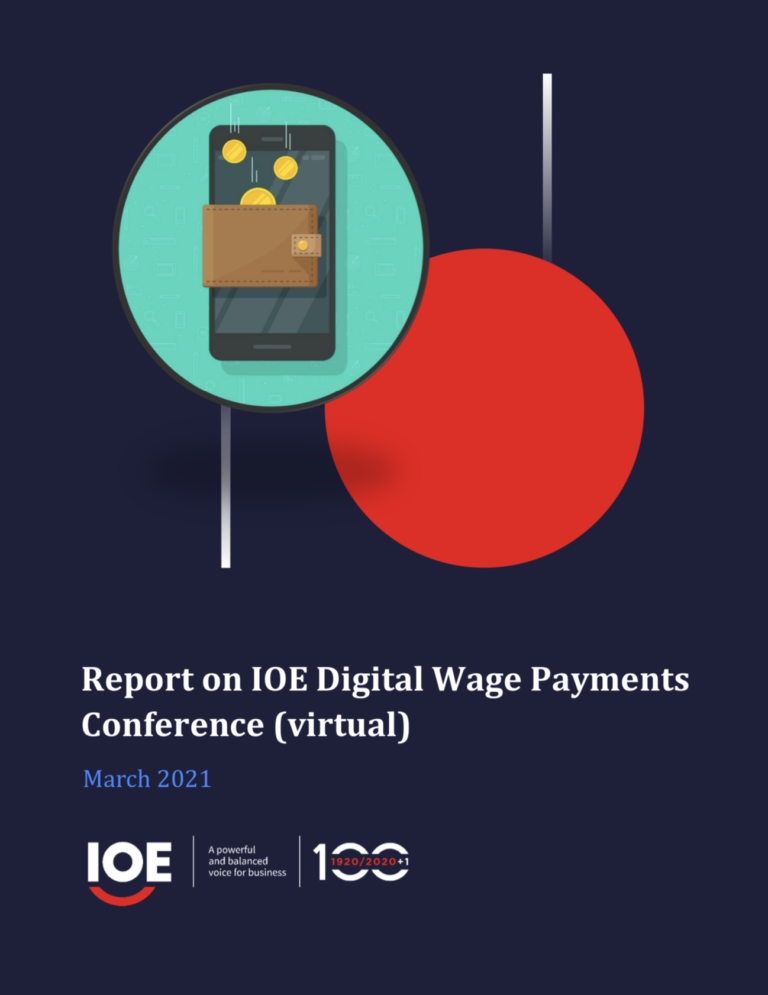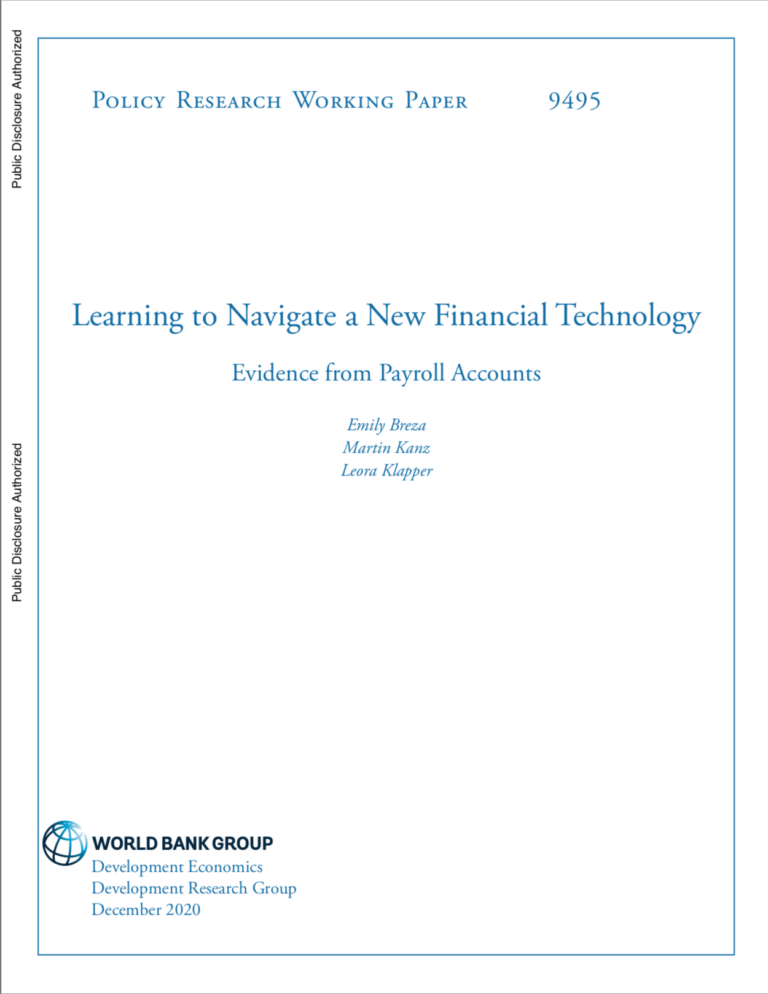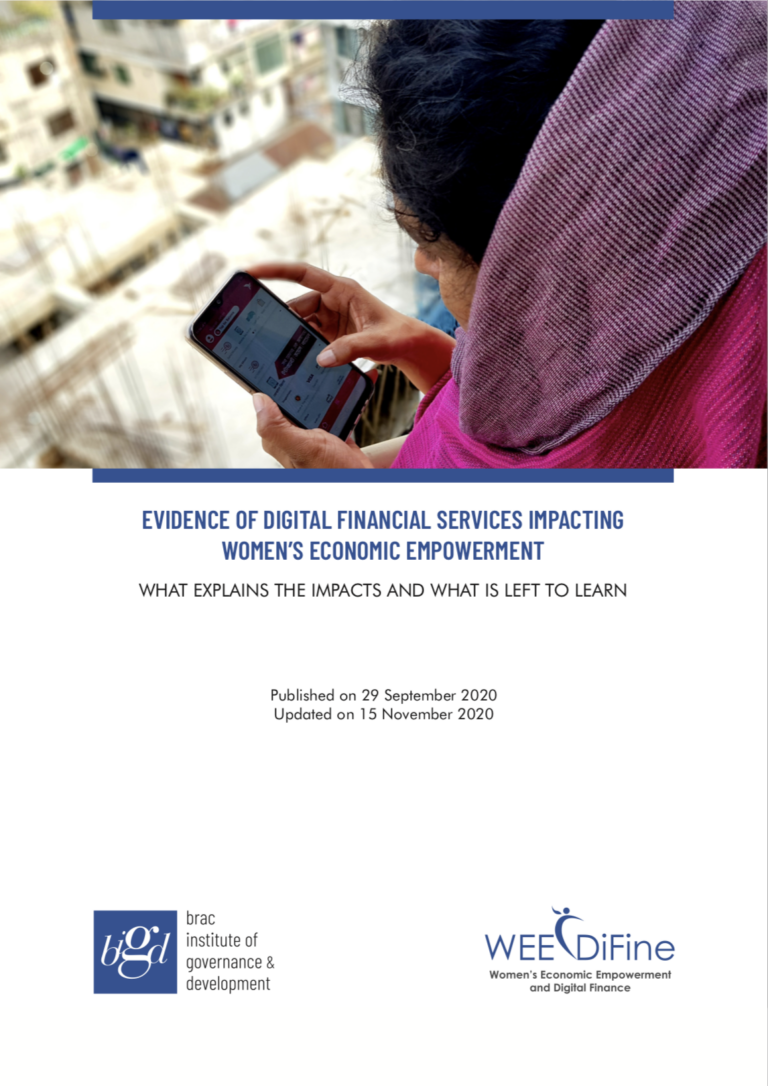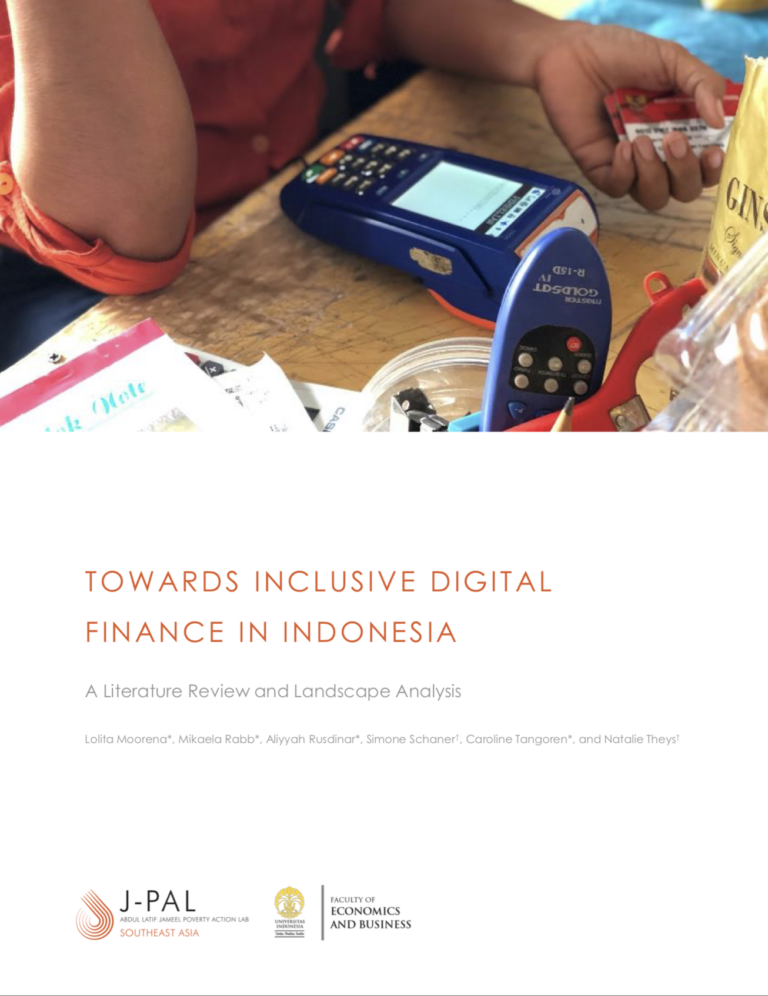Contact us: digitalwages@ilo.org
The rise of ‘fringetech’: Regulatory risks in earned-wage access
In the absence of regulatory guardrails, some earned wage access programs can perpetuate, and in some instances exacerbate, the very risks providers claim to eliminate when displacing short-term creditors like payday lenders. This article proposes a federal-level regulatory framework based…


